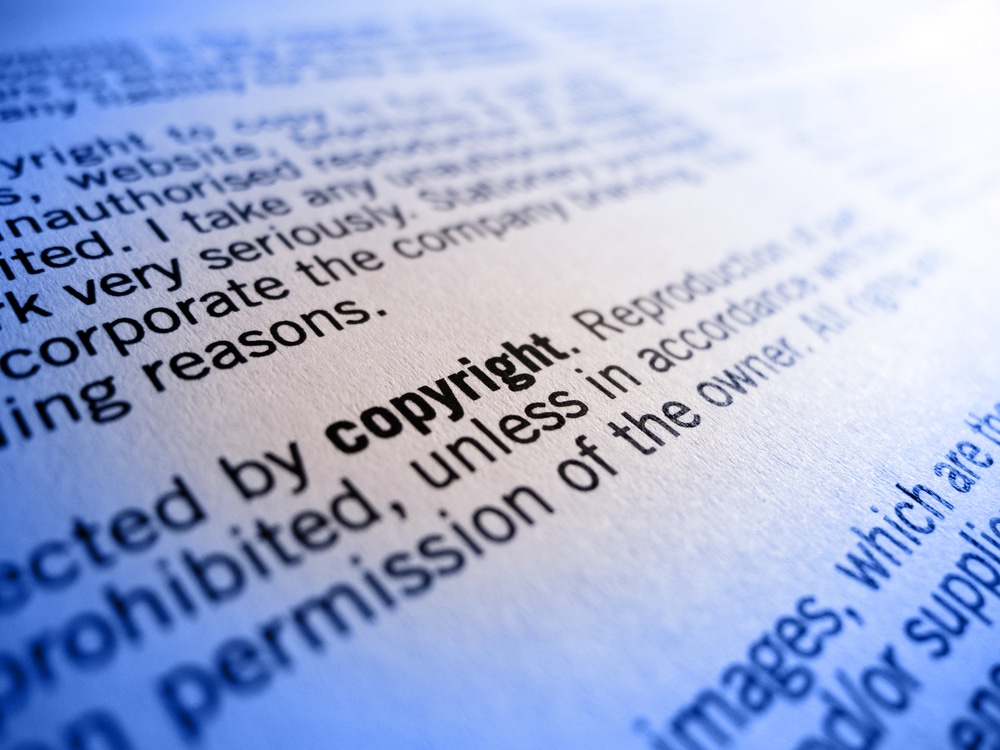If you walk in to a local book shop, the corner bar, the Apple Store, or Target you will likely hear some sort of music playing. Music can help set the tone for your location and enhance your brand while your customers are in your establishment. If you have a brick and mortar business, there are some serious legal considerations you need to be aware of when playing music for your customers.
There have been many instances in the news recently of businesses being sued for Copyright infringement for streaming music without the proper license. Joe’s on Weed St. in Chicago is just one example. It is much cheaper to purchase the right license than to pay settlement costs or court ordered damages and legal fees if you get sued for copyright infringement.
Copyright law protects the artists, publishers, and owners of music. Copyright gives rights holders the exclusive right to copy, reproduce, distribute and license their works. Streaming services like Spotify, Apple Music, and yes even CDs and iTunes music you’ve “purchased” is not available for public performance. That means that it is illegal to play this music in a commercial establishment.
Limited License For Music
Here’s how it works… When you pay for a subscription or buy an album on iTunes or a record at the store, you do not actually buy the music. Your payment provides you with a limited license to use the music for personal enjoyment. That means, you can play it for yourself in your home or on your devices for your own personal use and with family and friends. If you want to be able to play music for the public, you need a Public Performance License (PPL).
Many small businesses think they can get away with playing Spotify for their customers but that is a potentially expensive mistake. Music licensing entities are very active in inspecting commercial establishments like shops, bars, and restaurants. Often you will get a letter demanding that you both cease playing the music and pay a fine or an estimate of the fee you should have paid for the PPL. If you do not comply they will have the option of filing a copyright infringement lawsuit against you in federal court. A copyright attorney can help you negotiate but this is something that is better to avoid in the long run.
Solution: Obtain a Public Performance License
What can you do? The best way to avoid problems, comply with the law, and help make sure artists, collaborators and producers get their fair compensation for their work is to obtain a Public Performance License (PPL). One option to obtain PPL licenses for the music you want to play from licensing organizations. There are three major organizations in the United States that license music: Broadcast Music, Inc. (BMI), American Society of Composers, Authors, and Publishers (ASCAP) and Global Music Rights (GMR). These are performing rights organizations that the songwriters, composers and publishers join. They have the ability to grant PPLs. This is helpful because it streamlines the process of having to purchase a license from each individual rights holder.
If purchasing PPLs, research which music you want to play and which organization the rights holders belong to. Because of the collaboration in the music industry you most likely will need a license from all of the organizations. There are also monthly reporting requirements to comply with for these licenses. Another option is to subscribe through a third party licensor like Spotify’s Soundtrack Your Brand service or CloudCover Music. These companies pay for the PPLs and then sell sub-licenses for a fee. You will want to make sure you comply with the terms and conditions of these services.
Overall it will be worth it to save yourself time and money upfront by purchasing licenses for the music you’d like to share with your customers versus facing a copyright lawsuit for illegal streaming. If you have received a letter regarding copyright infringement or just have some questions, contact Revision Legal.




